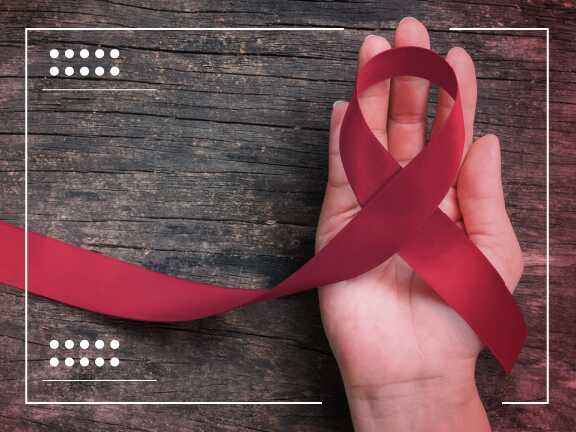This blood cancer claims over 100,000 lives around the world each year, but new therapies could help improve survival.
March is Multiple Myeloma Awareness Month, a time that calls attention to this cancer of the plasma cells, which are infection-fighting white blood cells found largely in bone marrow. About 160,000 patients around the globe are diagnosed with multiple myeloma each year, and roughly 106,000 people die of the disease. The arrival of immunotherapies for treating multiple myeloma and other blood cancers has led to longer periods of remission and improved rates of survival for patients. Yet the five-year survival rate for multiple myeloma in the United States is about 58 percent, indicating that many patients would benefit from new approaches to treating this disease.
One emerging class of therapies that could help fill that role is a group of novel drugs called bispecific antibodies (BsAbs). Last year, the U.S. Food and Drug Administration approved the first BsAb for multiple myeloma, called teclistamab (Tecvayli), which is available to patients who have failed on multiple previous treatments. Teclistamab has also been granted conditional authorization in the European Union, meaning that it can be prescribed, but its maker must produce more evidence that it’s effective and safe. Other BsAbs for multiple myeloma are in development.
Bispecific antibodies add to the growing number of immunotherapies for cancer. That includes CAR T-cell therapy, which has helped revolutionize the treatment of multiple melanoma and other blood cancers. In CAR T-cell therapy, a patient’s protective T cells are harvested and re-engineered in a lab to have certain receptors. The cells are then increased in volume to millions of cells and reinfused back into the patient. While CAR T-cell therapy has improved survival in patients with advanced multiple myeloma, it’s a complex and challenging procedure, which has limited its use.
Bispecific T-cell antibodies work two ways to attack malignant tumors. These drugs stimulate the immune system to fight cancer by targeting a protein called CD3 on T cells. But they also target proteins on multiple myeloma cells. This dual action creates a kind of bridge between the cancer cell and T cell, drawing them together, which ultimately causes the malignant cell to self-destruct.
Several forms of CAR T-cell therapy for multiple myeloma work in a similar way, but bispecific antibodies have an advantage, since they’re available “off the shelf,” with no need to harvest and re-engineer a patient’s T cells. On the other hand, CAR T-cell therapy requires a one-time infusion, while teclistamab must be injected weekly.
With more BsAbs likely on the way, some doctors and patients will soon be faced with decisions to make about optimizing therapy. For example, the FDA has granted Breakthrough Therapy status to a BsAb called talquetamab. This designation is intended to expedite the development and review of drugs that are intended to treat a serious condition and have promising preliminary clinical evidence they offer a significant improvement over currently available treatments. Other BsAbs for multiple myeloma are in the pipeline.

